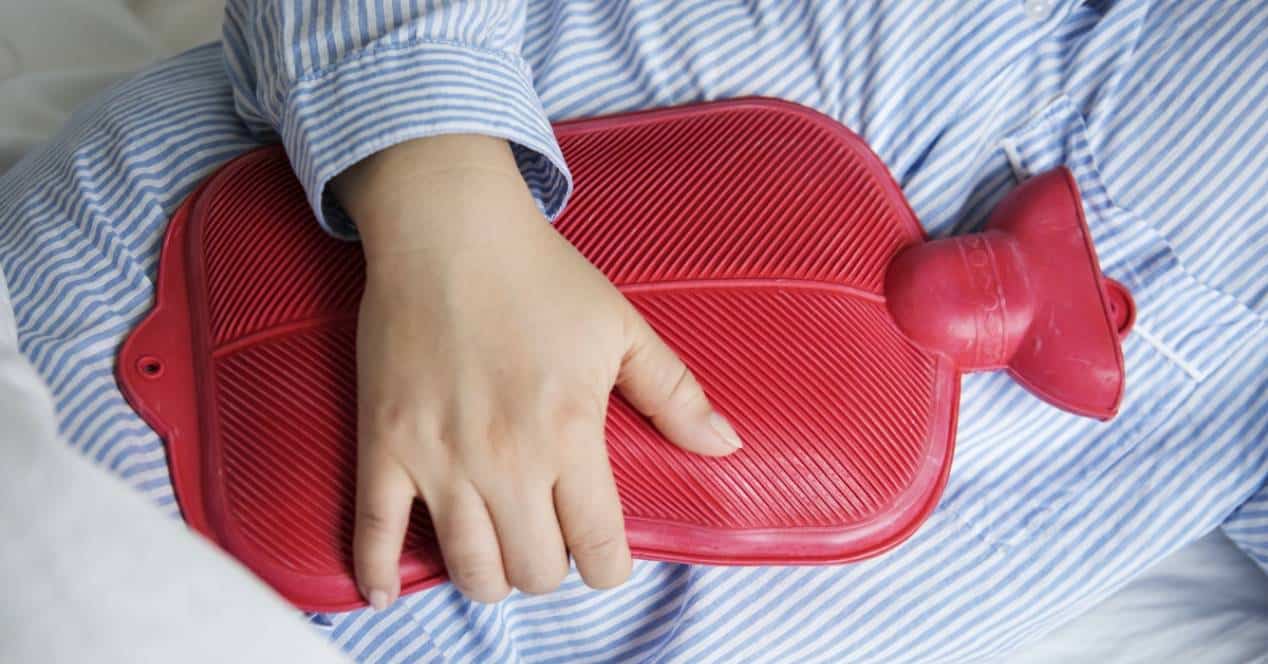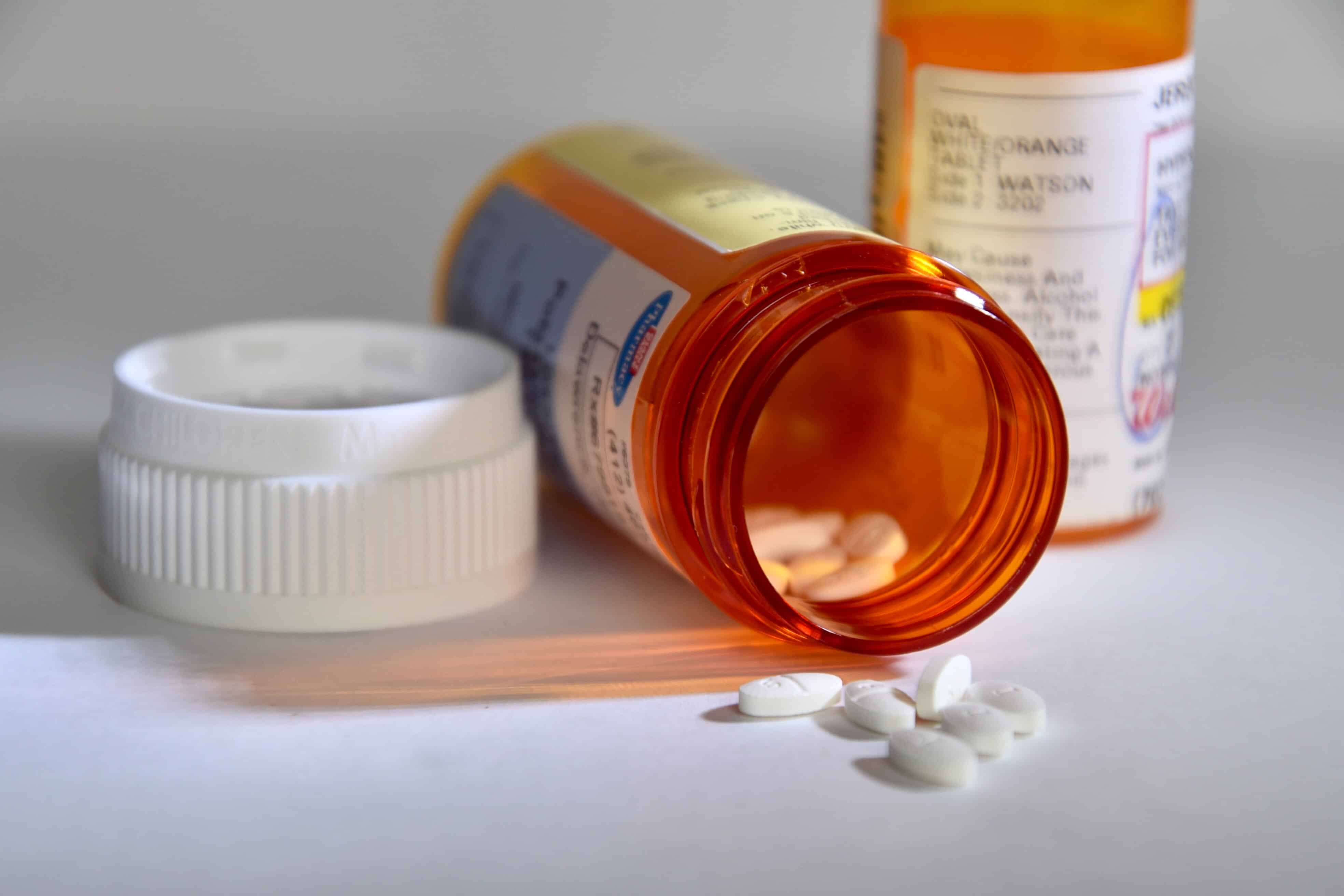
Almost everyone knows the experience of having a stomach ache, but millions of people are affected each year by diagnosable digestive problems. And while some digestive diseases cause no symptoms or only mild discomfort, others can cause extreme pain or even require hospitalization or surgery.
If you have GI symptoms, you'll want to know what you have and, more importantly, how you can alleviate the discomfort. Here's what you need to know about five of the most common digestive problems, along with recommended treatment options.
Acid reflux
Acid reflux, also known as heartburn, is one of the most common stomach problems.
When it occurs frequently, it is considered gastroesophageal reflux disease or GERD, which is a more serious condition. Approximately 20 percent of the population experiences reflux symptoms on a weekly basis.
Acid reflux occurs when stomach acid flows from the stomach into the esophagus, the tube that connects the mouth to the stomach. This stomach acid can irritate the lining of the esophagus, causing pain and pressure. Over time, it can cause more serious damage to the lining of the esophagus.
Symptoms of acid reflux
The characteristic sensation is a burning pain in the chest, which is the reason for the nickname heartburn. Other symptoms include the following:
- Difficulty to swallow
- A burning sensation in the chest that may be worse at night
- Feeling of a lump in the throat
- Regurgitation of acidic liquids or foods
There are all kinds of reasons why a person may experience acid reflux. What you eat can be a factor: Having large meals, fried foods, or late-night meals can lead to acid reflux, just like drinking alcohol or coffee.
Reflux Treatment Options
Treatment for acid reflux usually begins with lifestyle modifications.
To make it harder for stomach acids to travel up, use bed risers so that the head of the bed is a few inches higher than the foot of the bed. Or place a wedge between the box spring and the mattress.
Other lifestyle changes include not eat for two hours before bedtime and dietary changes. Over-the-counter medications, such as antacids, can also be effective.
If over-the-counter medications and lifestyle changes don't reduce reflux, prescription drugs or surgery may be required.

Peptic ulcers
If you have a sore in the lining of your stomach or at the beginning of your small intestine (called the duodenum), you likely have a peptic ulcer. This is a common condition: one in 10 people develops peptic ulcers. The ulcers can be quite painful.
In the past, people believed that ulcers were the result of lifestyle factors, such as excessive stress or eating spicy foods, according to the University Hospitals. Now, we know more about the causes of its formation.
This is what is happening: certain bacteria (Helicobacter pylori) or, over time, the use of anti-inflammatory drugs Nonsteroidal drugs (NSAIDs) cause damage to the protective lining of the stomach.
Risk factors for developing ulcers include family history, frequent alcohol use, smoking, and liver or kidney disease. And while stress and spicy foods can't cause a peptic ulcer, they can sometimes irritate an existing ulcer.
Symptoms of peptic ulcers
One indication that you have a peptic ulcer is a dull burning pain It occurs somewhere between the breastbone and the belly button. Aside from pain, other ulcer symptoms include belching, nausea, vomiting, and lack of appetite.
But it's also possible that you don't have any symptoms at all. However, if you have severe symptoms, seek help immediately. These include:
- Sudden sharp pain in your abdomen
- Shock-like symptoms, such as fainting, confusion, feeling dizzy, or excessive sweating
- You vomit blood, which may be bright red or look like coffee grounds
- Dark, tarry, or bloody stools
Peptic ulcers can be diagnosed by a upper digestive endoscopy, which uses a small, flexible camera inserted through the mouth to examine the stomach. Some diagnostic tests may require drinking fluid for an X-ray.
Peptic Ulcer Treatment Options
If you are diagnosed with a peptic ulcer, treatment will likely be a combination of lifestyle adjustments and medication.
Lifestyle changes include quit smoking, limit alcohol and caffeine, and avoid foods that can cause outbreaks. Medications such as antibiotics, histamine receptor blockers, proton pump inhibitors, and antacids can help treat peptic ulcers. If the peptic ulcer is due to Helicobacter pylori, antibiotics will be prescribed to treat the bacterial infection.
diverticulosis and diverticulitis
Diverticulosis is a condition that occurs when you have small pouches (called diverticula) that bulge out through your large intestine. Diverticulosis becomes more common with age: For people over the age of 60, there is about a 50 percent chance that you will have these little pouches.
If the pouches in the large intestine become inflamed, the condition is called diverticulitis.
Symptoms of diverticulosis and diverticulitis
Very often, people with diverticulosis do not experience any symptoms. With diverticulitis, that is, inflamed diverticula, some of the most common symptoms include the following:
- Abdominal pain
- Fever
- Nausea
- Constipation
Along with aging, dietary choices can influence the development of diverticulitis. A diet low in fiber and high in animal fats increases the risk of this disease. Other risk factors include obesity, smoking, and taking certain medications, including NSAIDs.
Diverticulitis Treatment Options
Treatment for diverticulitis depends on the severity of your symptoms.
If the symptoms are mild, the Antibiotics and a liquid diet they may be enough. Once the symptoms subside, you can slowly reintroduce solid foods back into your diet. The most serious cases may require hospitalization, and if complications occur, such as a perforation or fistula, surgery may be required.
Irritable bowel syndrome
Up to 10 to 15 percent of people in the United States may have irritable bowel syndrome (IBS); in fact, the organization notes that IBS is the most frequently diagnosed condition among gastroenterologists. So you are not alone in this.
Symptoms of irritable bowel syndrome
IBS symptoms vary greatly, but some of the most common:
- Abdominal pain
- cramps or bloating
- Gas
- Diarrhea or constipation, or one followed by the other
- Difficulty going to the toilet or, on the contrary, you need to use it as soon as possible
Although these symptoms are uncomfortable and inconvenient, they occur without causing any visible damage or signs of disease in the digestive tract.
Irritable Bowel Syndrome is a bit of a mystery: No one knows precisely what causes it. It could likely involve the gut microbiota, bowel movement abnormalities, or changes in the way the brain and gut communicate and work together.
Women are twice as likely of being diagnosed with IBS, and it is also more common in people under the age of 50. And while stress doesn't cause irritable bowel syndrome, it can aggravate the unpleasant symptoms that accompany it.
Since the symptoms can change frequently, the diagnosis can be tricky. Also, there are no tests for IBS.
IBS Treatment Options
Treatment for IBS usually involves medications and changes in lifestyle and diet.
Reduce foods high in FODMAPs, a type of carbohydrate that is often linked to gastrointestinal symptoms, can sometimes be helpful. Eat more fiber and avoid gluten are other potentially useful tactics. Changes in lifestyle, such as increase exercise, reduce stress, and get enough sleepThey can also relieve symptoms.

Constipation
The urge to have a bowel movement without being able to do so can accompany other digestive disorders or occur on its own. Although occasional constipation is normal, chronic constipation can be a sign of more worrisome conditions.
constipation symptoms
Symptoms of chronic constipation include:
- Less than 3 bowel movements per week
- hard or lumpy stools
- straining to defecate
- Sensation that there is an obstruction in the rectum that prevents bowel movements.
- Feeling that you cannot completely empty stool from your rectum
- Needing help to empty the rectum, such as using the hands to press on the abdomen and using a finger to remove stool from the rectum.
Constipation is considered chronic if you experience two or more of these symptoms for three months.
Treatment Options for Constipation
Chronic constipation should be treated by a medical professional. Occasional constipation can be treated with over-the-counter laxatives and dietary measures such as increasing fiber and water intake.